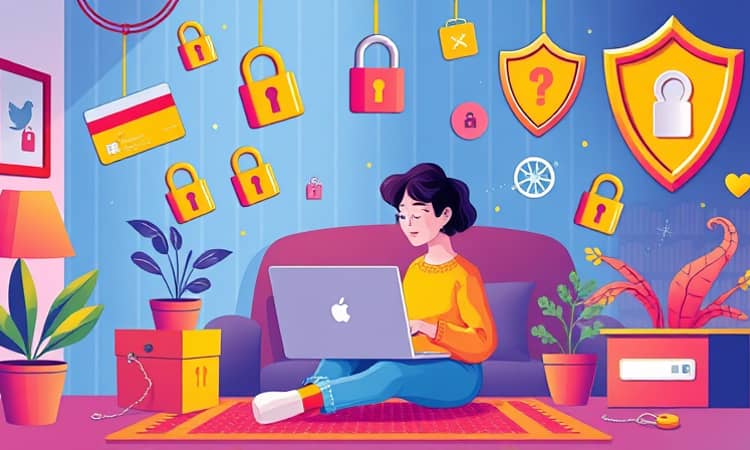In today's digital age, credit card safety is more important than ever. With the rise of online shopping and digital transactions, the risk of fraud and identity theft has also increased. It's essential to be proactive in protecting your personal and financial information. This article provides ten vital tips to ensure your credit card safety and safeguard your finances.
By implementing these tips, you not only protect yourself but also make it more difficult for thieves and fraudsters to gain access to your financial information. Let's delve into these strategies for credit card safety.
1. Keep Your Information Private

Your personal and financial information is valuable to criminals. Always keep your credit card details private and only share them with trusted merchants or for necessary transactions. When sharing information, ensure that the individual or business is legitimate and that your data will be handled securely.
In addition to being cautious about who you share your information with, avoid discussing your financial status or card details in public. People around you may overhear, and this can expose you to potential threats, including scams and identity theft.
Whenever you receive a call asking for your credit card information, hang up and verify if the call was legitimate through official channels. This tactic can help you avoid falling into traps set by fraudulent callers.
2. Use Secure Websites
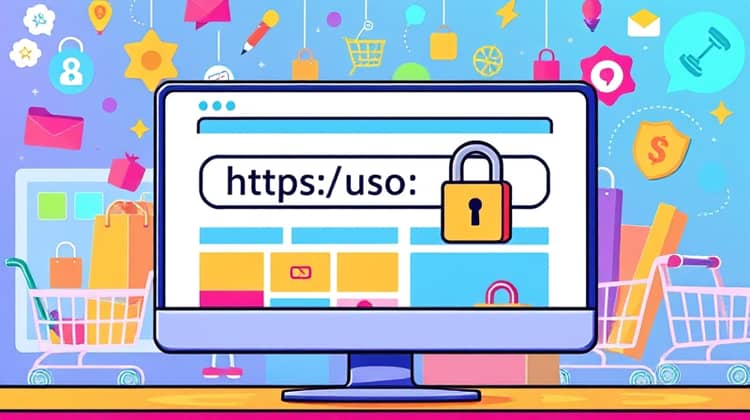
When shopping online, ensure that the website you're using is secure. Look for URLs that begin with 'https://' rather than 'http://'. The 's' stands for secure and indicates that the transaction is encrypted and safer.
Additionally, check for a padlock icon in the address bar of your browser. This signifies that the website has implemented additional security measures to protect your data during transactions.
3. Monitor Your Accounts
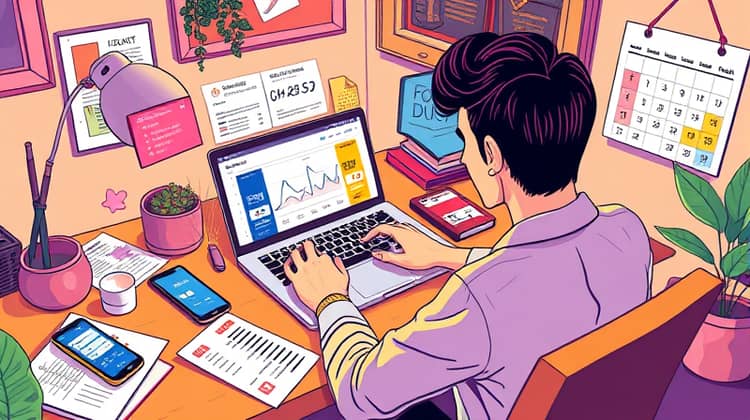
Regularly checking your bank and credit card statements is essential for identifying unauthorized transactions. If you notice any suspicious activity, report it immediately to your financial institution.
Using mobile banking applications can make it easier to track your spending and monitor transactions. Most banks now provide real-time alerts that notify you about account activity, helping you stay informed about your financial status.
- Set notifications for transactions above a certain amount.
- Check your account at least once a week for unusual activities.
- Review your statements monthly for discrepancies.
4. Be Cautious with Public Wi-Fi
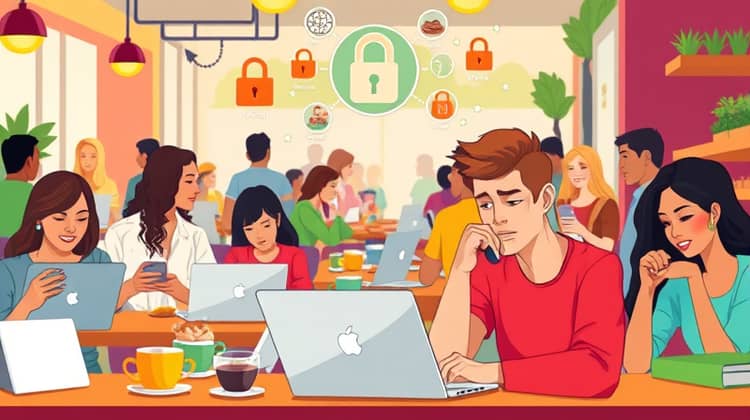
Public Wi-Fi networks, such as those found in cafes or airports, can leave your financial information vulnerable to hackers. Avoid making financial transactions over these unsecured networks when possible.
- Use a VPN when accessing public Wi-Fi.
- Turn off automatic connections to Wi-Fi networks.
- Never check your bank account or input credit card info on public Wi-Fi.
By taking precautions when using public networks, you can reduce the risk of falling victim to identity theft or fraud.
5. Use Credit Over Debit
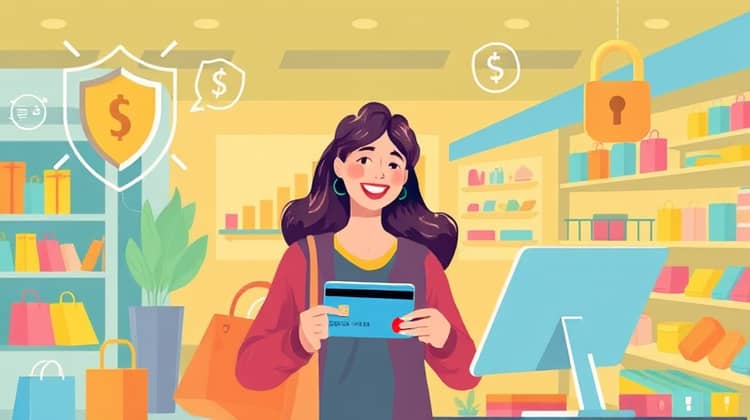
Choosing a credit card over a debit card can offer better protection against fraud. Most credit cards provide fraud protection, meaning you aren't liable for unauthorized charges if you report them in time.
Additionally, using a credit card helps keep your bank account details more secure since they aren't linked directly to your checking account.
- Use a credit card for online and in-store purchases.
- Monitor your credit card statements for discrepancies.
- Pay off your balance every month to avoid interest charges.
These practices not only protect your financial information but also can improve your credit score if managed responsibly.
6. Set Up Alerts

Setting up transaction alerts can help you monitor credit card activity in real time. Most banks offer text or email notifications for every purchase made over a specified amount, and this can quickly flag any unauthorized transactions.
Utilizing these alerts also helps you to stay on top of your spending habits, allowing you to make informed financial decisions and adjustments as necessary.
7. Keep Your Cards in a Safe Place
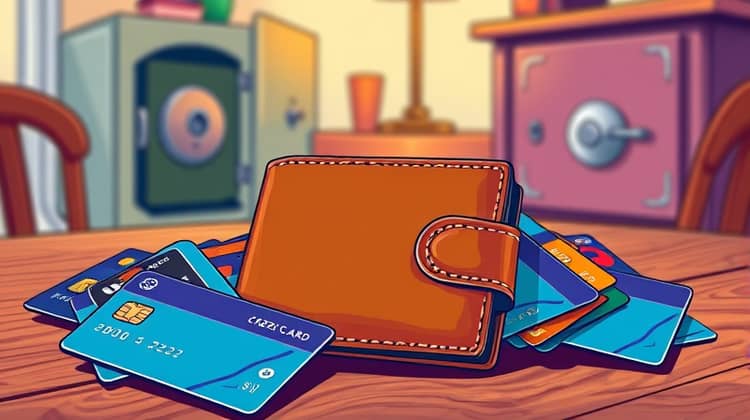
Always store your credit cards in a secure place. When you're not using them, keep them in a wallet that has RFID protection or in a safe at home. Be mindful of where you keep your cards, especially in public settings.
If you're out and about, avoid leaving your credit cards unattended or in easily accessible locations such as your car or workplace drawers.
- Store cards in a secure wallet.
- Never leave cards in your vehicle unattended.
- Use RFID-blocking wallets to secure card information.
Following these tips will help ensure that your credit cards remain in your possession and are safeguarded from theft.
8. Use Virtual Credit Card Numbers
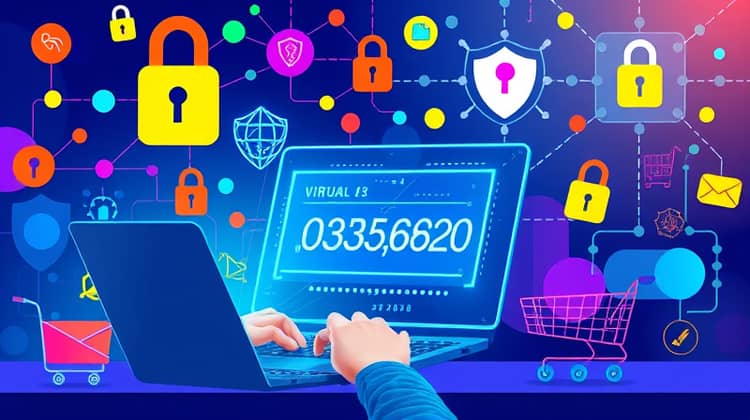
Some banks and financial services offer virtual credit card numbers for online shopping. These temporary numbers can be used in place of your real credit card number, adding an extra layer of security when making purchases online.
Using virtual numbers means that even if one gets compromised, your actual credit card information remains safe and unchanged.
- Check if your bank offers virtual card numbers.
- Update your payment preferences in online stores after using a virtual number.
- Keep track of your virtual numbers for convenience.
Incorporating virtual credit card numbers into your shopping routine can greatly reduce the risk of fraud and identity theft.
9. Beware of Phishing Scams
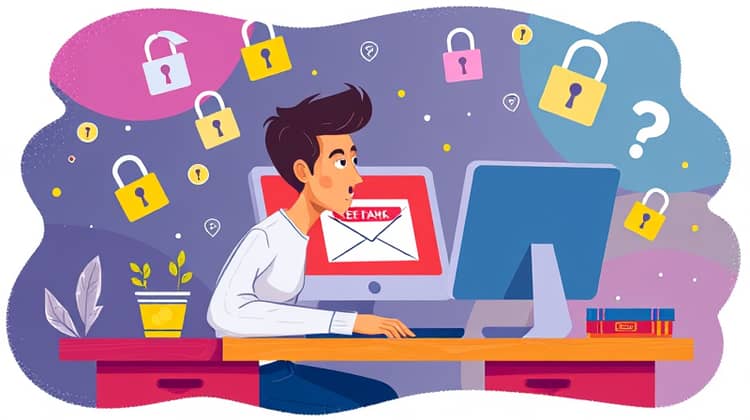
Phishing scams are techniques used by fraudsters to trick you into giving away sensitive information, such as your credit card details or bank account numbers. Be wary of unsolicited emails or messages that prompt you to enter personal information on unknown websites.
When in doubt, contact the company directly using official contact details instead of clicking on links in emails. This practice can prevent you from falling prey to phishing attempts.
10. Shred Sensitive Documents
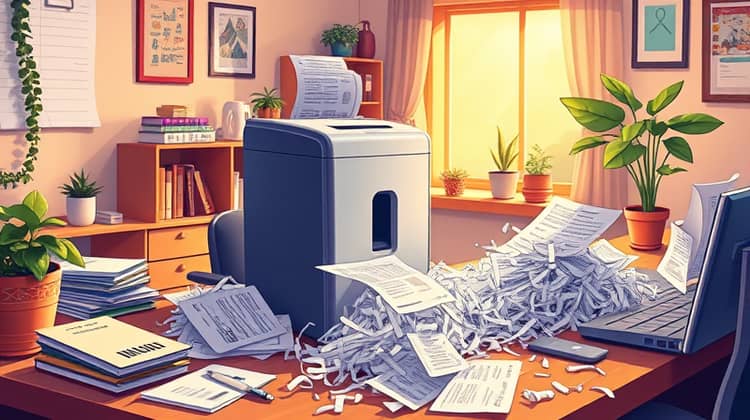
To protect your personal information, it's crucial to securely dispose of documents that contain your credit card or personal information. Use a shredder for credit card statements, bank statements, and any documents that contain sensitive data.
Properly shredding confidential information ensures that it cannot be accessed and misused by anyone who comes across it in your trash.

